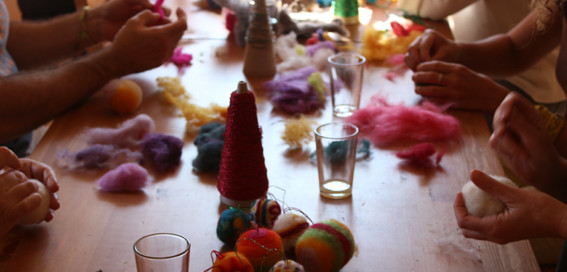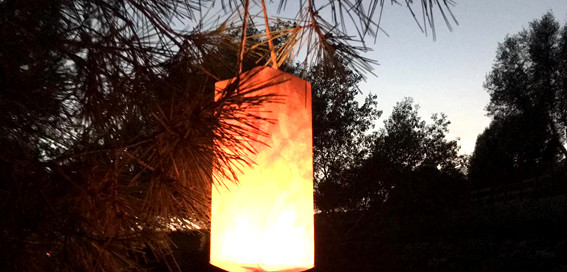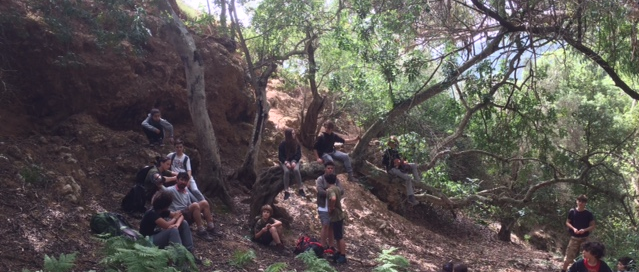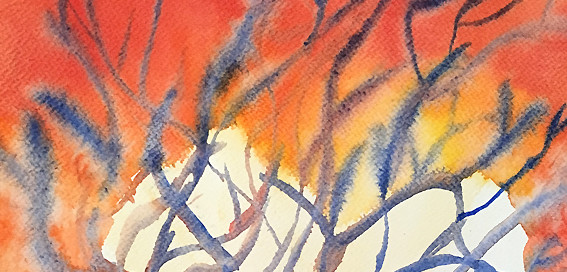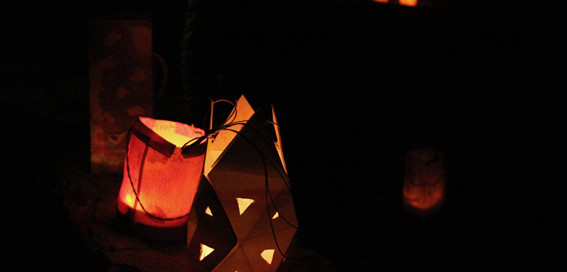AGENDA DE LA SETMANA
Dimarts 27 i dijous 29 de novembre:
9:00h-10:00h: Taller intensiu de manualitats per a pares i mares a la biblioteca d’adults de l’escola.
Divendres 30 de novembre:
9:00h-10:30h: Grup de manualitats per a pares i mares. Imparteix: Petra.
Dissabte 1 de desembre:
11:00h-16:00h: Dia de portes obertes a l’escola.

